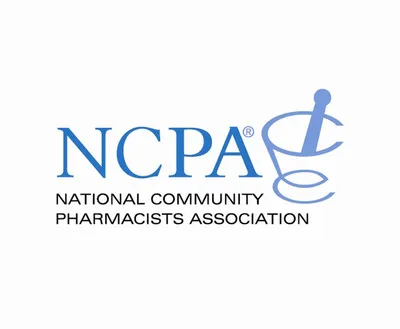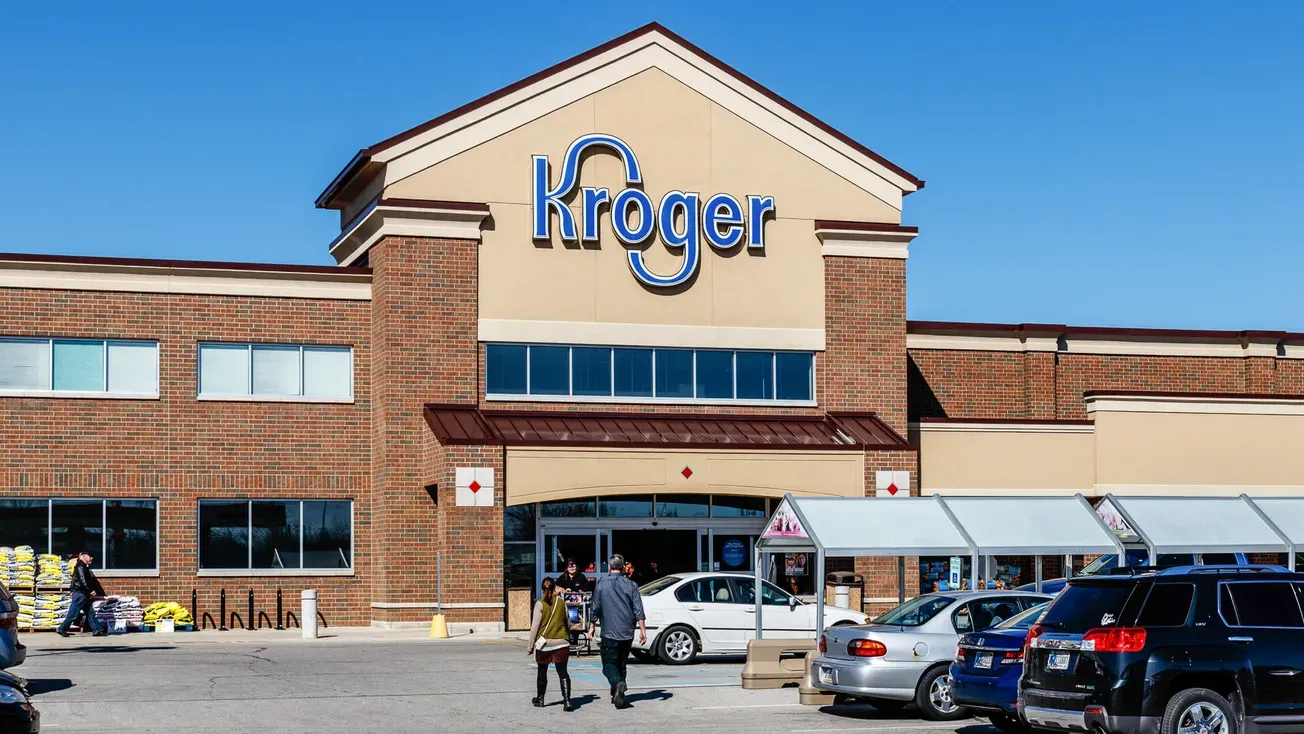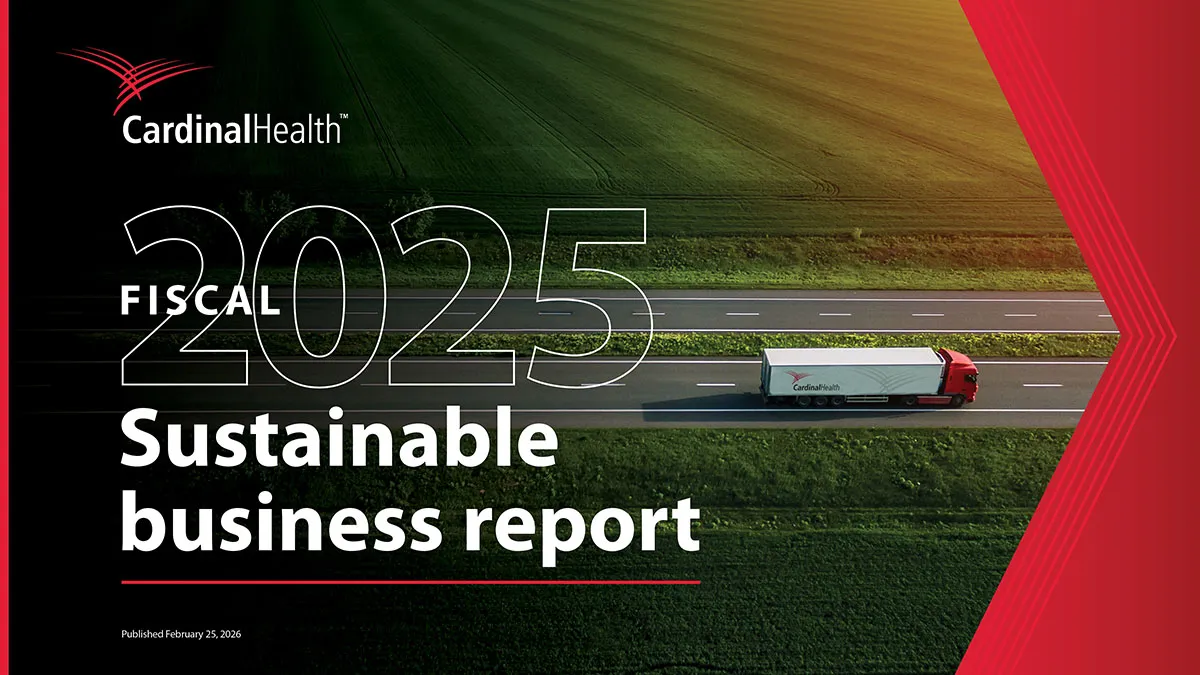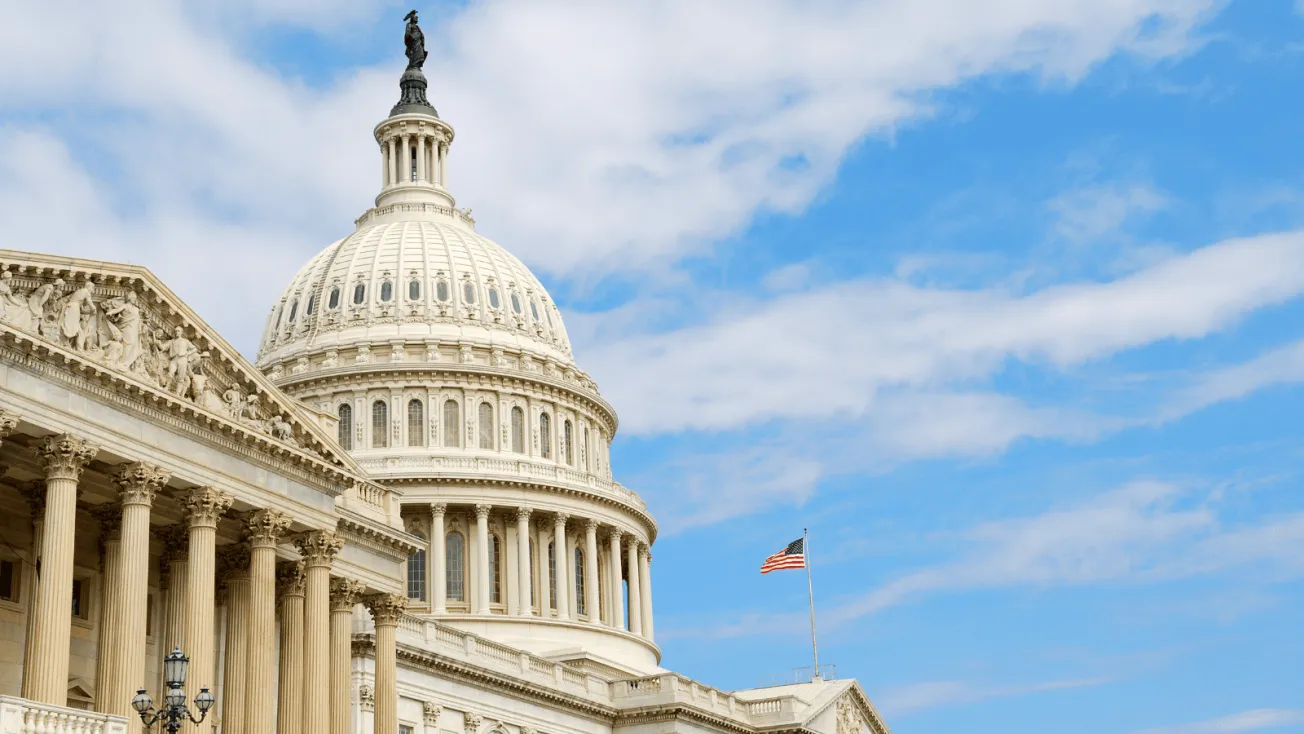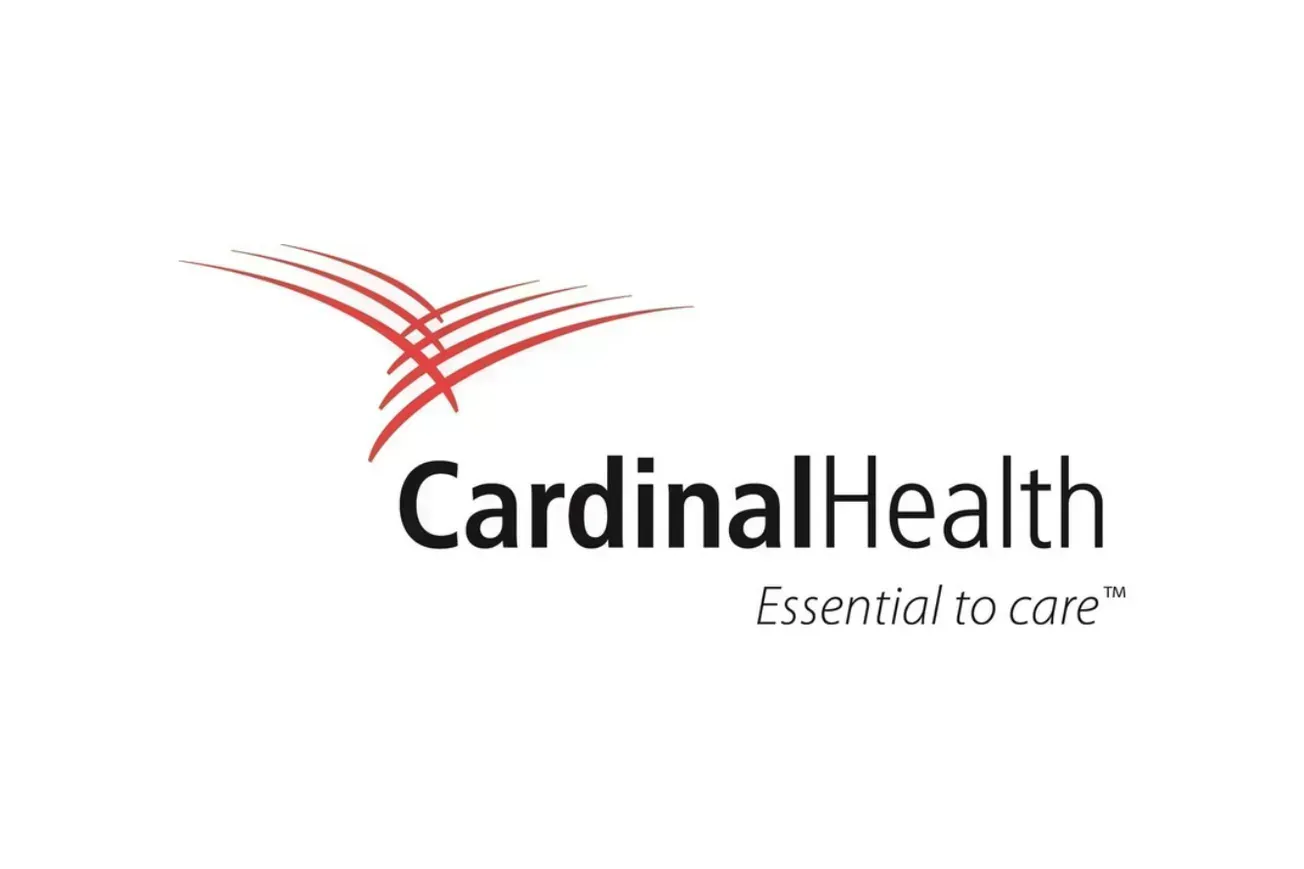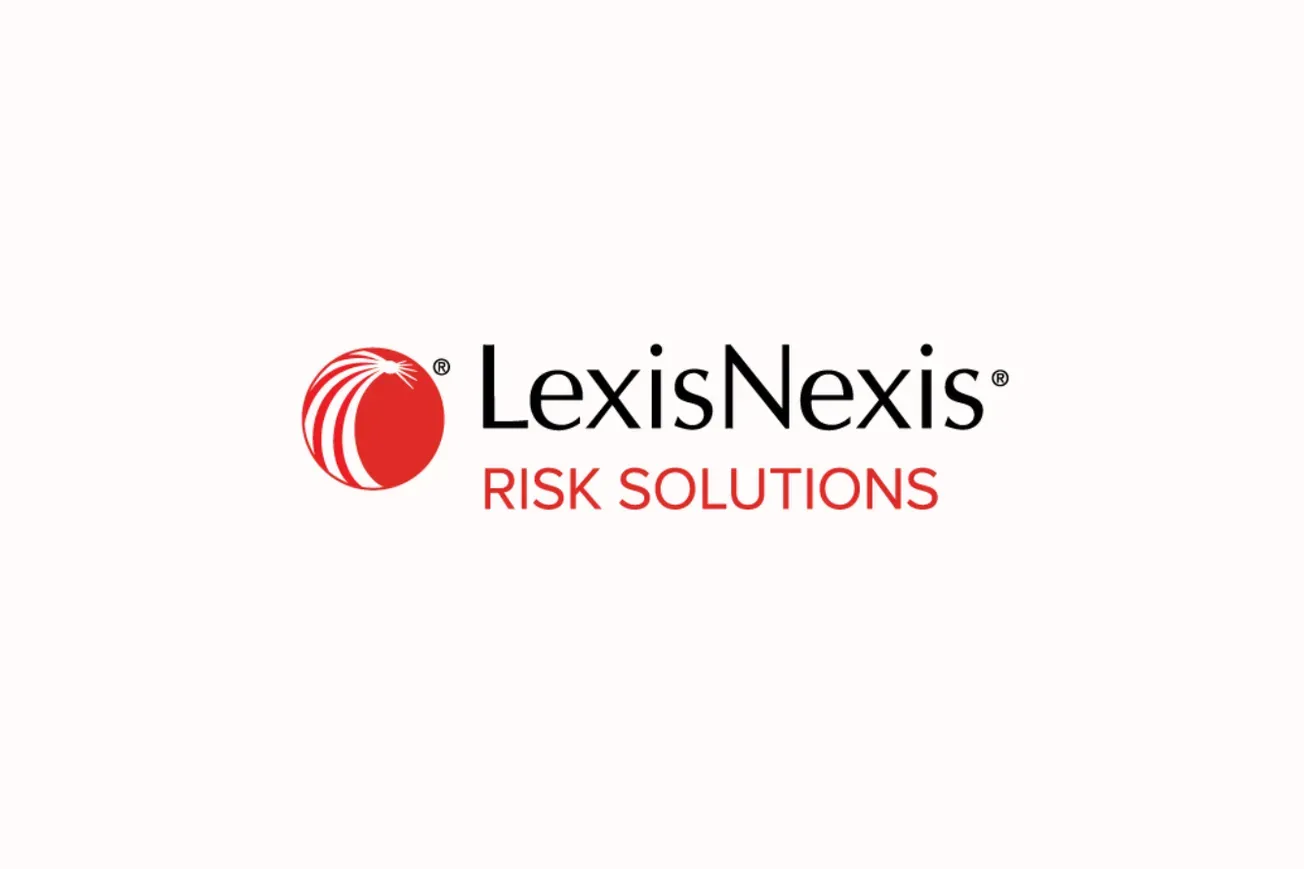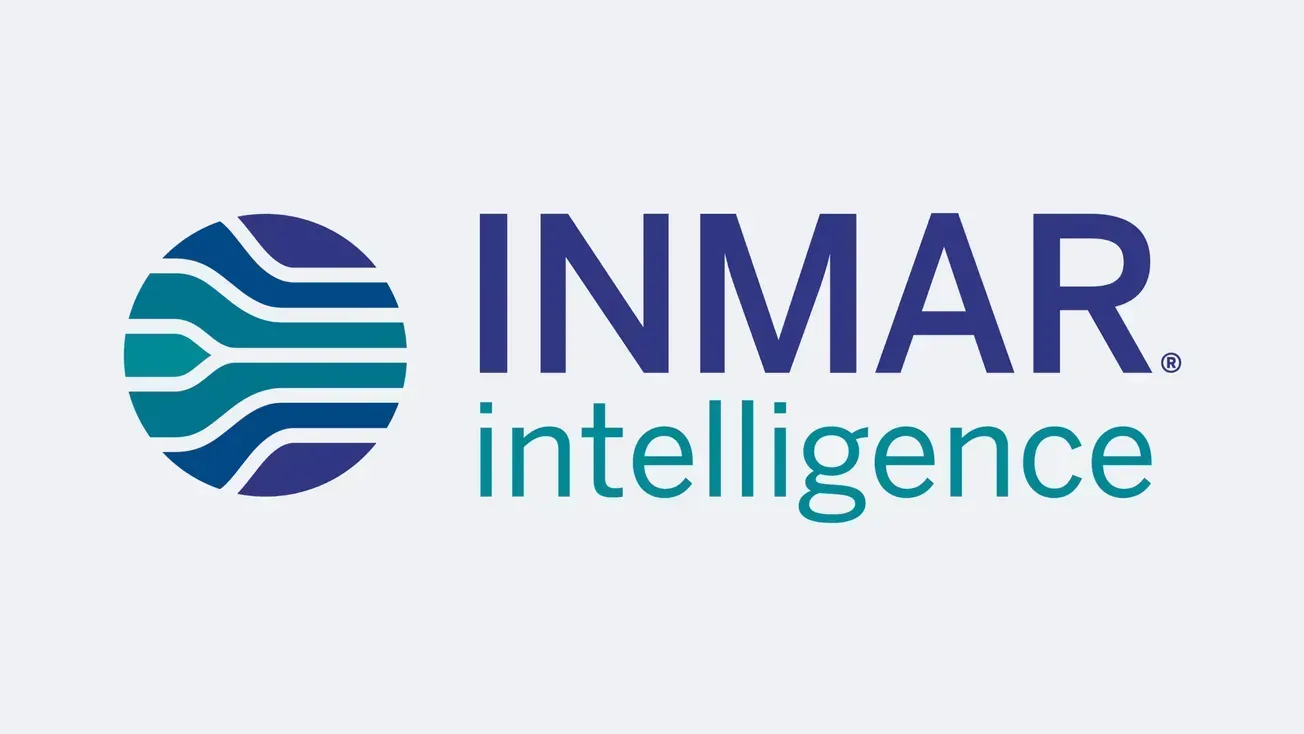SAN DIEGO – The 2019 NCPA Digest, sponsored by Cardinal Health, was released today at the National Community Pharmacists Association’s Annual Convention here. The NCPA Digest, which provides an annual overview of independent community pharmacy, found that the industry in 2018 represented 35% of all retail pharmacies in the United States and a $75.8 billion marketplace.

Doug Hoey
“Independent community pharmacists have long been lauded for the services patients can access and the quality care they can receive at these locally-owned pharmacies,” said NCPA chief executive officer B. Douglas Hoey. “As economic pressures on pharmacies continue – and as more medical-side payers find value in community-based pharmacies – it’s increasingly important to change the pharmacy payment model to compensate for value and recognize pharmacists for the services they do and can provide. This year’s Digest, in addition to serving as a barometer for independent community pharmacy owners, establishes the steadily growing local networks of CPESN USA as pharmacy’s best bet to transform into a system allowing pharmacists to be recognized for practicing at their full scope.”
The 2019 NCPA Digest found independent community pharmacies offer a variety of services: in 2018, nearly 79% offer medication synchronization services; 77% offer medication therapy management; 76% provide flu immunizations; 69% provide non-flu immunizations; 57% perform blood pressure monitoring; and 53 percent furnish durable medical goods. From a philanthropic standpoint, 65 % of all independent community pharmacy owners donated to at least five local organizations in 2018.
Additional highlights from the NCPA Digest covering the 2018 independent community pharmacy marketplace include:
• The estimated number of independent community pharmacies is 21,767, down slightly from the 2017 total of 21,909.
• Seventy-four percent of community pharmacies serve population areas of 50,000 or fewer.
• 2,351 pharmacies are participating in the CPESN USA national network of clinically integrated pharmacies, with networks launched and expanding in 44 of the 50 states.
• Prescription volume is 58,823 (189 per day) in 2018.
• Fifty-four percent of total prescriptions are covered by the Medicare Part D and Medicaid programs, comparable to previous years.
• Ninety-one percent of community pharmacies are offering some type of medication adherence program, aligning the interest of patients, payers, pharmacists, and plans.
• Thirty-nine percent have collaborative drug therapy agreements with physicians, and 24 percent have access to electronic medical records.
• Thirty-nine percent of independent community pharmacies dispense specialty medications, with the top disease state specialty medications dispensed including rheumatoid arthritis (83 percent), HIV (54%, and multiple sclerosis (40%).
• The top four point-of-care services provided are influenza (13 percent), rapid strep (12%), cholesterol screening (10%, and hemoglobin A1C (6%).

